
- Mode2 Portable AC Charger
- Mode3 Ev Charging Cable
- Home AC Charger
- Commercial AC Charger
- Home DC Fast Charging Station
- Commercial DC Fast Charging Stat
- V2X Charger
- EV Charging Station Power Module
- Ev Charging Plugs
- Ev Charging Socket
- EV Charging Accessories
- On Borad Charger
Latest news
- Nissan Unveils Bidirectional Onboard C
- Milence Launches First Charging Hub in
- Norway Likely Delaying Electric Van De
- India Unveils Five-Year Plan to Introd
- Hyundai Collaborates with Canadian Bat
- LG Energy Solution to Provide Batterie
Contact us
- ADD: 4-9-4 Jinkai International No. 1230 Jinkai RD, North of Chongqing China, 401122
- TEL: 0086-23-63425659
- FAX: 0086-23-63013491
- E-mail: bake@senkumachinery.com
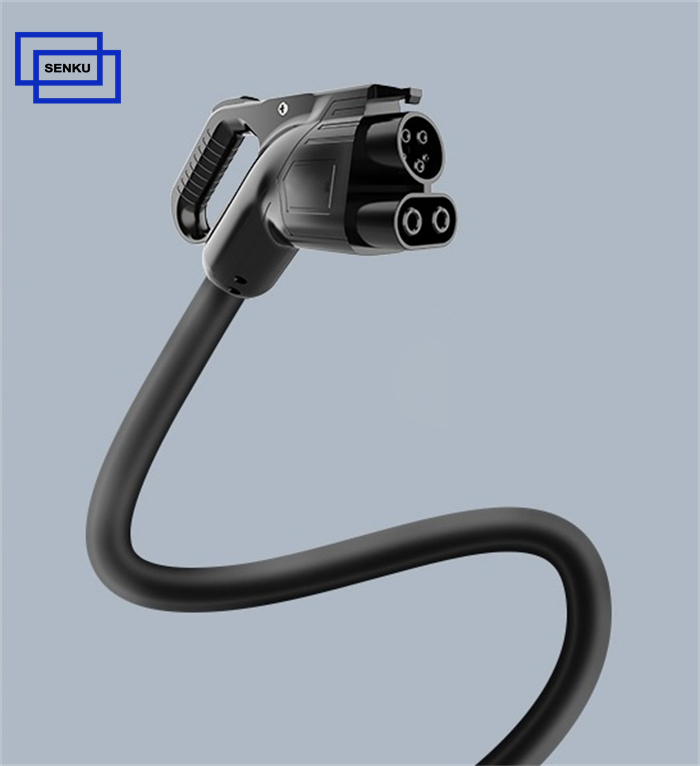


200A COMBO CCS Type 1 EV Charger Connector
- Rated: 200A 1000V DC
- Certificate: UL
- IP Level: TYPE 3R
- Mechanical lifespan: Plug and unplug ≥10000 times
- Product description: CCS1 is the primary charging connector for electric vehicles in North America, incorporating both DC pins and communication systems. It is widely compatible with most EV models, with the exception of
Product introduction
Electric Car Fast DC Charging 200A COMBO CCS Type 1 EV Charger Connectors
CCS1 is the primary charging connector for electric vehicles in North America, incorporating both DC pins and communication systems. It is widely compatible with most EV models, with the exception of Tesla and Nissan Leaf, which utilize their own unique connectors. The CCS1 EV charger connectors are capable of supplying DC power ranging from 50 kW to 350 kW, making it an ideal choice for rapid charging.
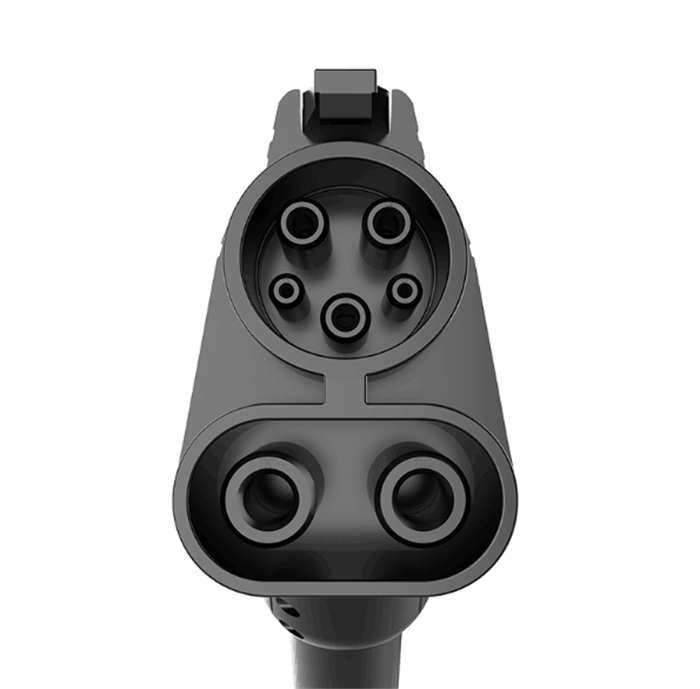
Electric Performance.
Rated current
200A
Operate voltage
1000V DC
Insulation resistance
>2000MΩ (DC1000V)
Terminal temperature rise.
<50K
Mechanical life
no-load plug in / plug out > 10000 times
Materia
Thermoplastic, Flame retardant grade UL94-0;
Pin: Cooper alloy,sliver + thermoplastic on the top
Operation Temp.
-30℃ ~ + 50℃
IP protection class
TYPE 3R
Standard
UL 2251 / SEA J1772
Certifications
UL Certification
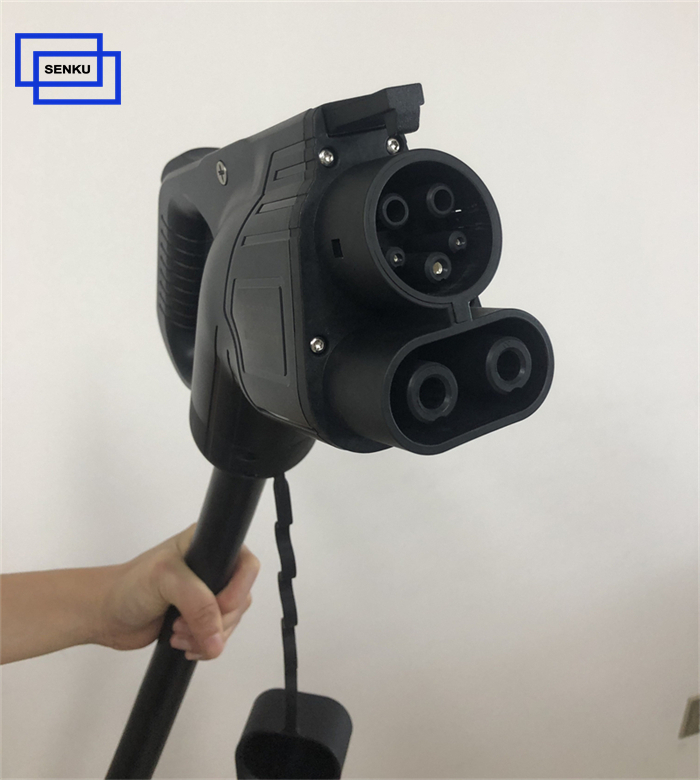
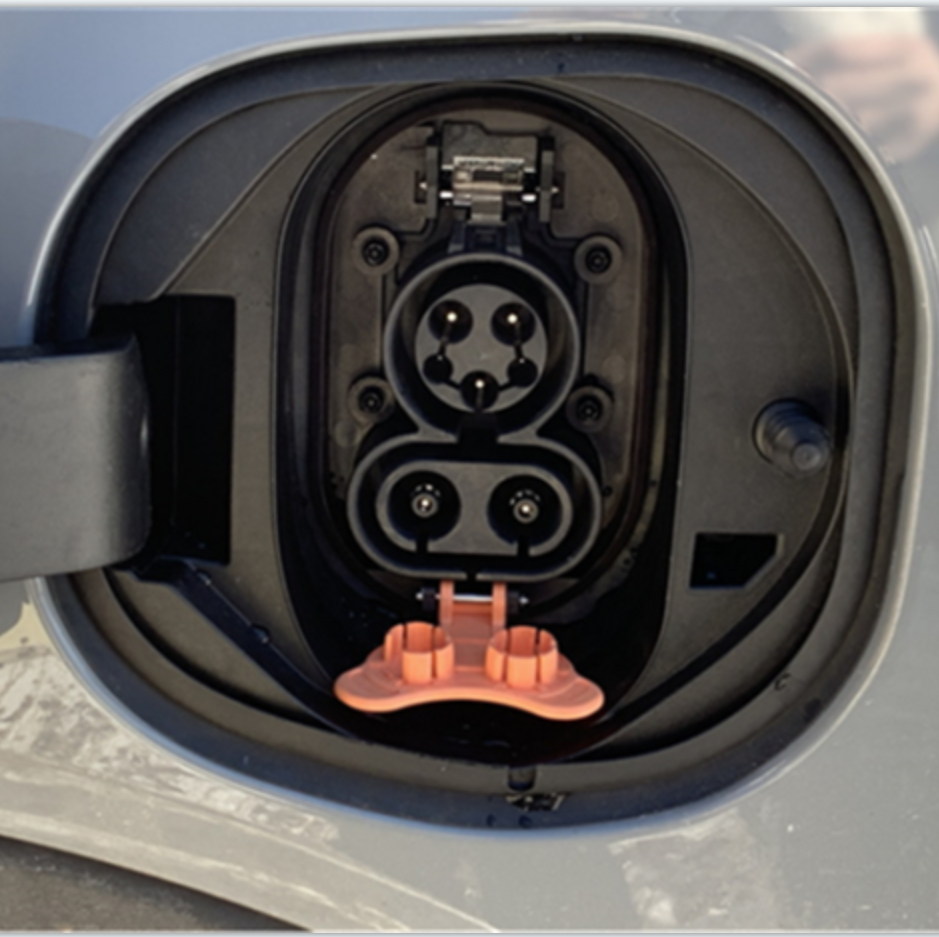
What is Combined Charging System?
Access to reliable charging infrastructure is a crucial factor in accelerating electric vehicle (EV) adoption. The EV charging ecosystem, which includes manufacturers of vehicles, charging stations, and network operators, recognizes that interoperability, made possible through standardized protocols and communication systems, is vital for success.
The Combined Charging System (CCS) standard was developed with the goal of creating a universal connector for both AC and DC charging. The intent was to design a plug and port that would work across all EV and charging equipment manufacturers, ensuring compatibility throughout the charging network.
When Was CCS Developed?
The CCS standard was introduced in 2011 by SAE International and the European Automobile Manufacturers Association (ACEA). CCS integrates the J1772 connector for Level 1 and Level 2 AC charging with an additional two-pin design for DC fast charging, which can deliver up to 350kW of power. Seven major automakers—Audi, BMW, Daimler, Ford, General Motors, Porsche, and Volkswagen—agreed to adopt this combined plug design, with the first prototype unveiled in May 2012.
What Are CCS Combo Plugs?
The CCS Combo 1 (CCS1) CCS1 EV charger connector is based on the U.S. SAE J1772 plug for single-phase AC charging, while CCS Combo 2 (CCS2) is the European version, designed for three-phase AC charging. Both CCS1 and CCS2 connectors share the same form factor for DC fast charging, and their plugs and inlets are identical in size and shape.
Additional Features of the CCS Standard
Beyond AC and DC charging, CCS also standardizes several other features such as communication between the EV and charging station, load management, authentication, and authorization for charging. Both CCS1 and CCS2 support high-level communications, including ISO 15118, enabling functions like bidirectional communication and "plug and charge."
Adoption of the CCS Standard
CCS is widely supported by automakers in North America and Europe, with strong backing from CharIN, an industry group promoting the standard. Through 2023 and 2024, CCS1 will remain the primary standard for non-Tesla EVs and charging networks in North America, including the U.S., Canada, and parts of Central America, Korea, and Taiwan.
Meanwhile, CCS2 dominates the European market and is mandated by the EU for all EV charging networks. CCS2 is also used in various regions, including South America, South Africa, India, Oceania, and Australia. In areas where no specific standard has been chosen, CharIN advocates for the adoption of CCS2.
Although CHAdeMO, the original DC fast charging standard, remains in use primarily in Japan and for models like the Nissan Leaf, it is not compatible with CCS plugs. CHAdeMO usage is gradually declining, particularly in the U.S., as many networks phase out support for this standard.

Hot tags: #ev charging connectors #manufacturers #factories

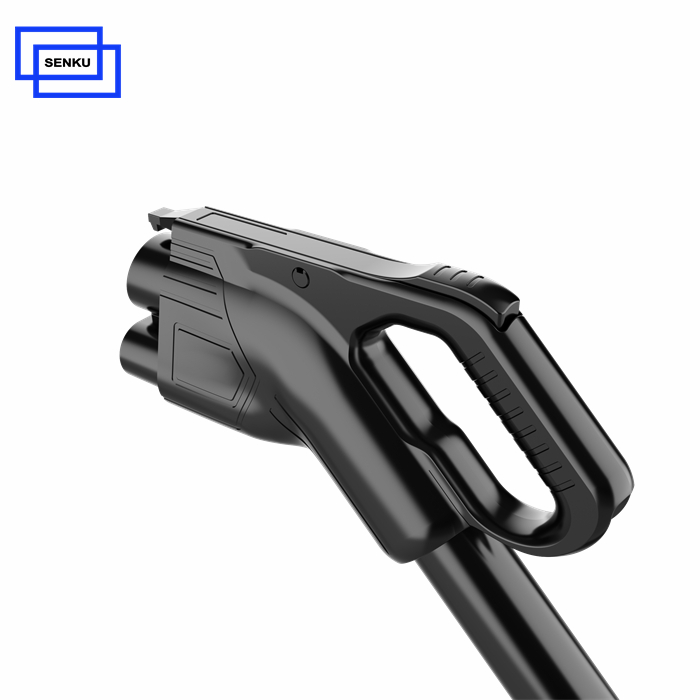
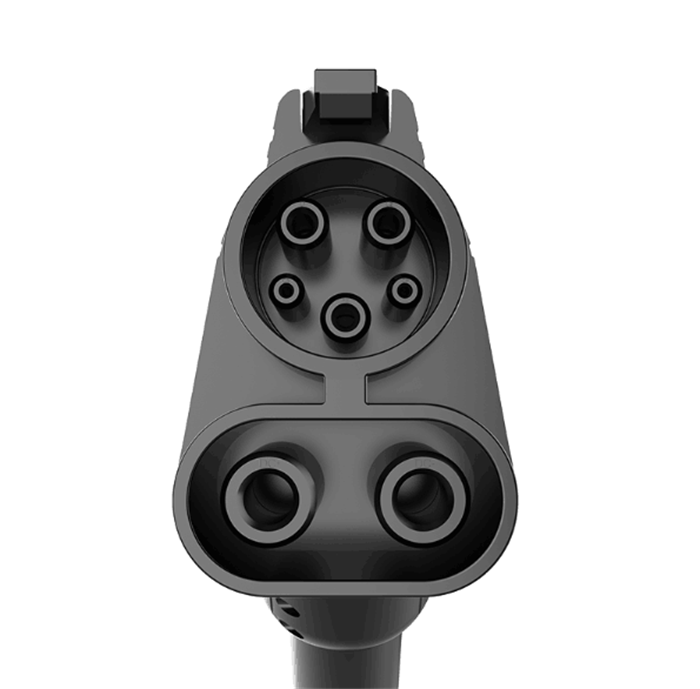



 Senku ,Bake
Senku ,Bake Senku
Senku